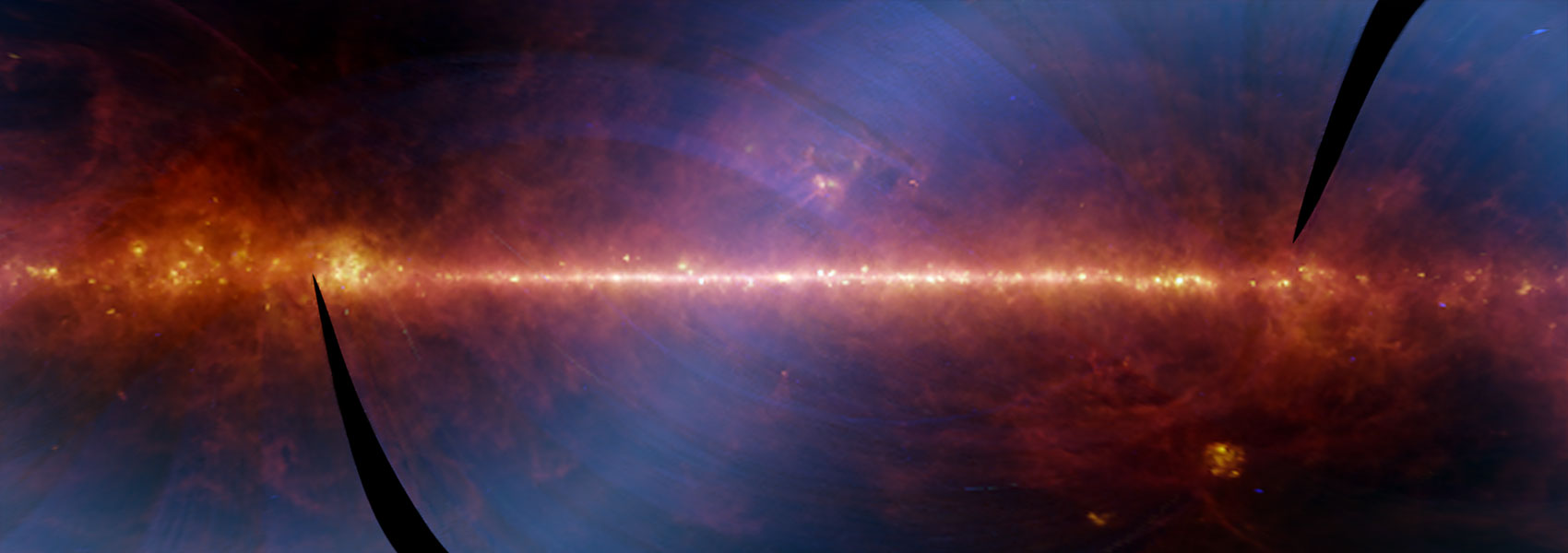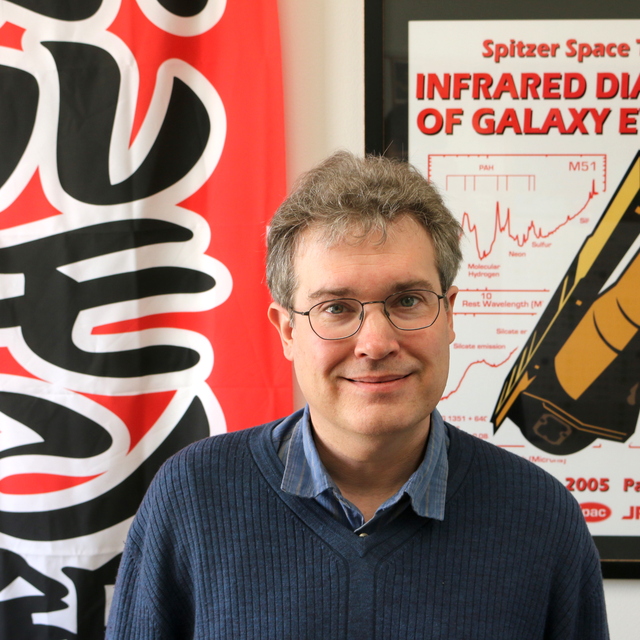October
2021
•
2021ApJ...919..143H
Authors
•
Henry, Alaina
•
Rafelski, Marc
•
Sunnquist, Ben
•
Pirzkal, Norbert
•
Pacifici, Camilla
•
Atek, Hakim
•
Bagley, Micaela
•
Baronchelli, Ivano
•
Barro, Guillermo
•
Bunker, Andrew J.
•
Colbert, James
•
Dai, Y. Sophia
•
Elmegreen, Bruce G.
•
Elmegreen, Debra Meloy
•
Finkelstein, Steven
•
Kocevski, Dale
•
Koekemoer, Anton
•
Malkan, Matthew
•
Martin, Crystal L.
•
Mehta, Vihang
•
Pahl, Anthony
•
Papovich, Casey
•
Rutkowski, Michael
•
Sánchez Almeida, Jorge
•
Scarlata, Claudia
•
Snyder, Gregory
•
Teplitz, Harry
Abstract
•
We present a new measurement of the gas-phase mass-metallicity relation (MZR) and its dependence on star formation rates (SFRs) at 1.3 < z < 2.3. Our sample comprises 1056 galaxies with a mean redshift of z = 1.9, identified from the Hubble Space Telescope Wide Field Camera 3 (WFC3) grism spectroscopy in the Cosmic Assembly Near-infrared Deep Extragalactic Survey and the WFC3 Infrared Spectroscopic Parallel Survey. This sample is four times larger than previous metallicity surveys at z ~ 2 and reaches an order of magnitude lower in stellar mass (108 M⊙). Using stacked spectra, we find that the MZR evolves by 0.3 dex relative to z ~ 0.1. Additionally, we identify a subset of 49 galaxies with high signal-to-noise (S/N) spectra and redshifts between 1.3 < z < 1.5, where Hα emission is observed along with [O III] and [O II]. With accurate measurements of SFR in these objects, we confirm the existence of a mass-metallicity-SFR (M-Z-SFR) relation at high redshifts. These galaxies show systematic differences from the local M-Z-SFR relation, which vary depending on the adopted measurement of the local relation. However, it remains difficult to ascertain whether these differences could be due to redshift evolution, as the local M-Z-SFR relation is poorly constrained at the masses and SFRs of our sample. Lastly, we reproduced our sample selection in the IllustrisTNG hydrodynamical simulation, demonstrating that our line flux limit lowers the normalization of the simulated MZR by 0.2 dex. We show that the M-Z-SFR relation in IllustrisTNG has an SFR dependence that is too steep by a factor of around 3.
Links




